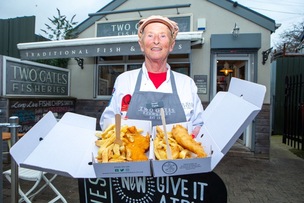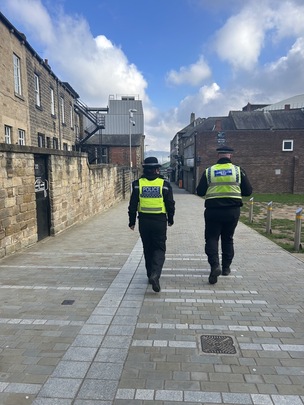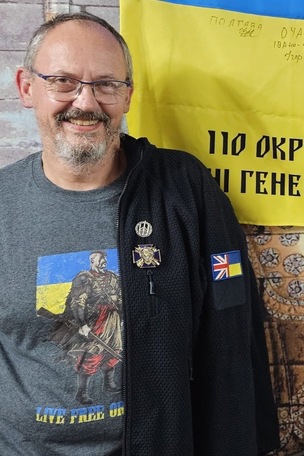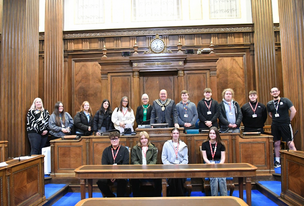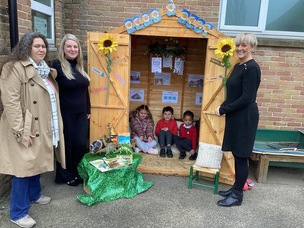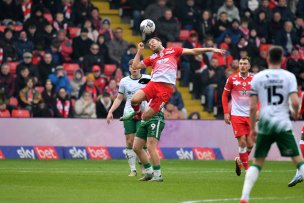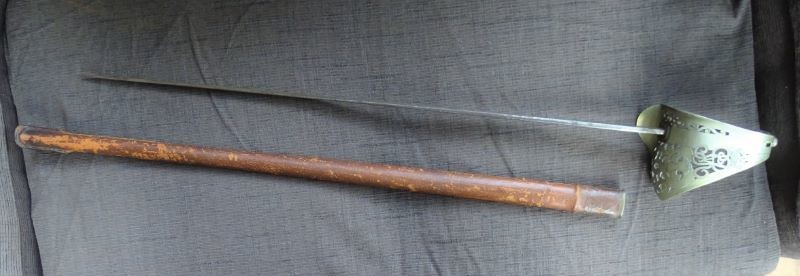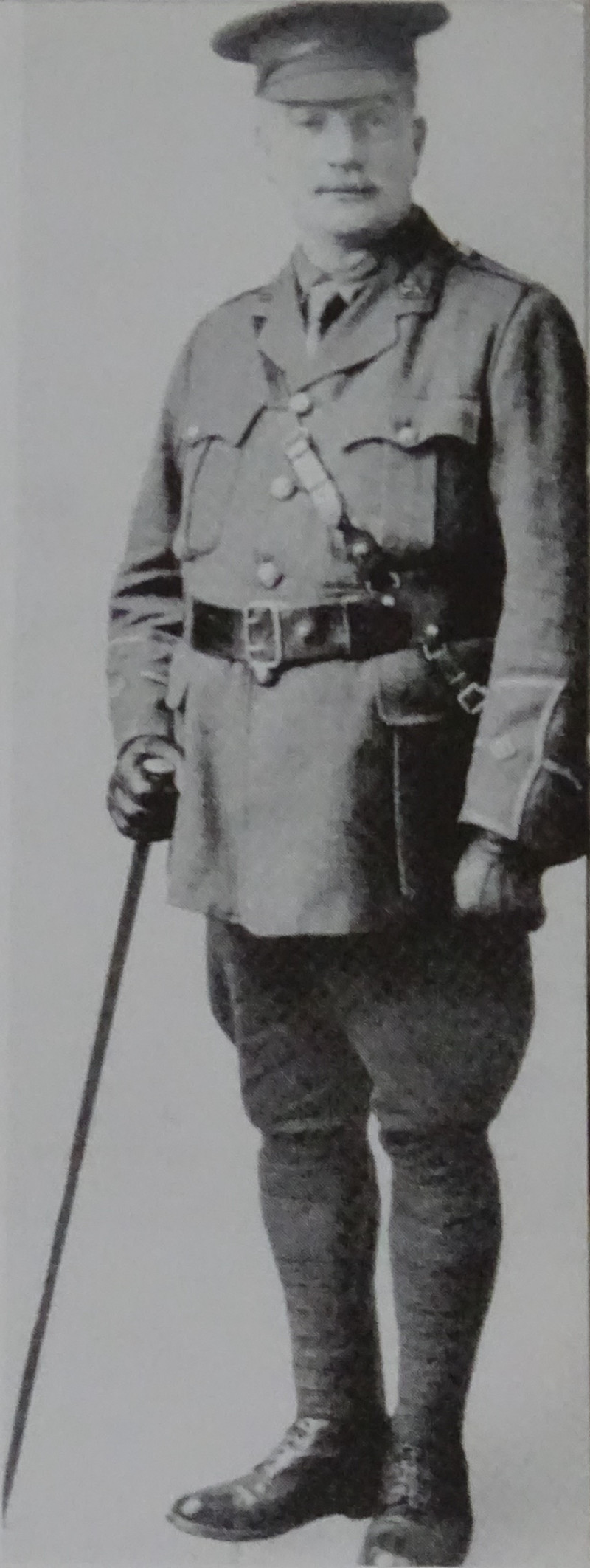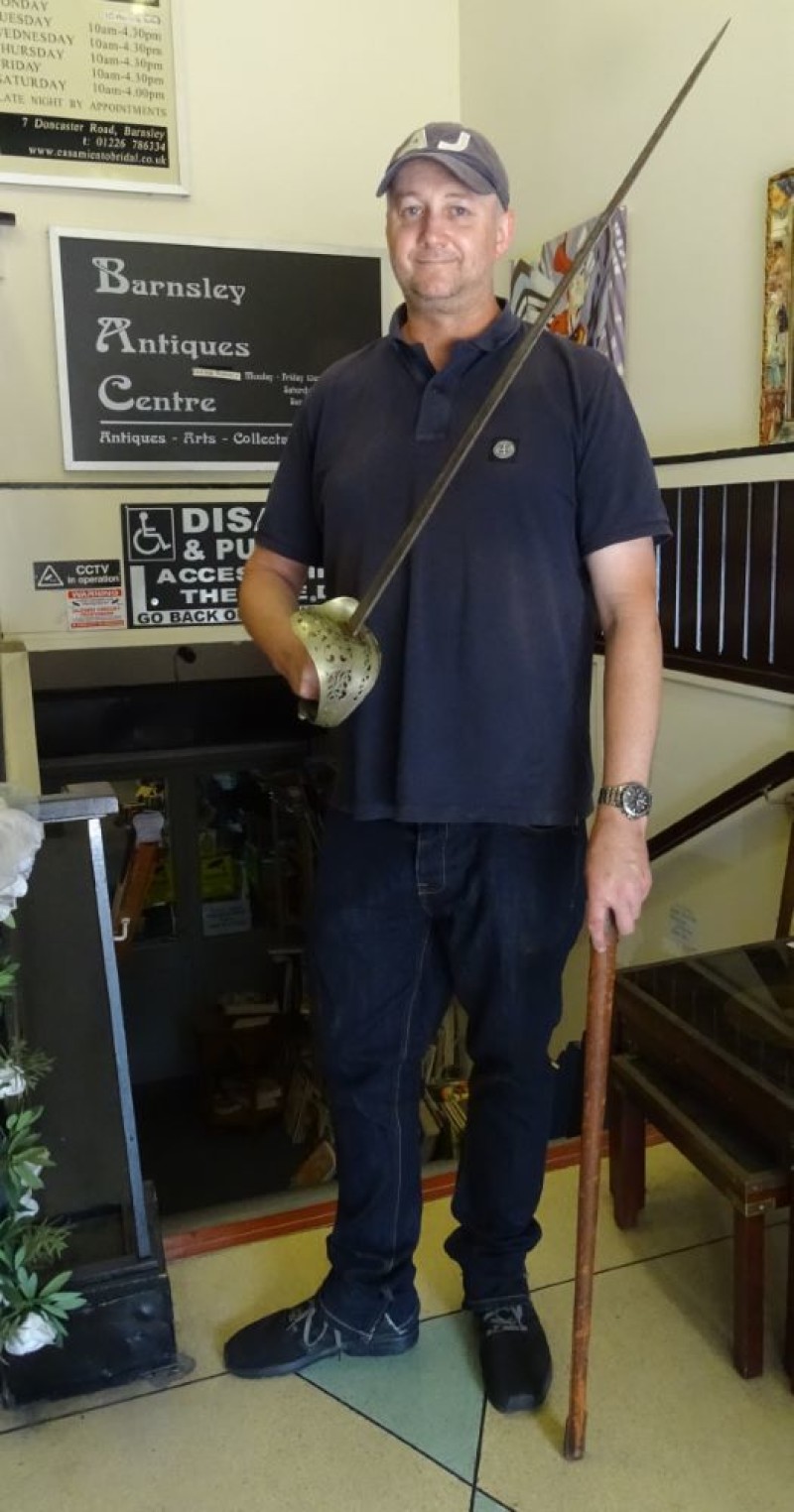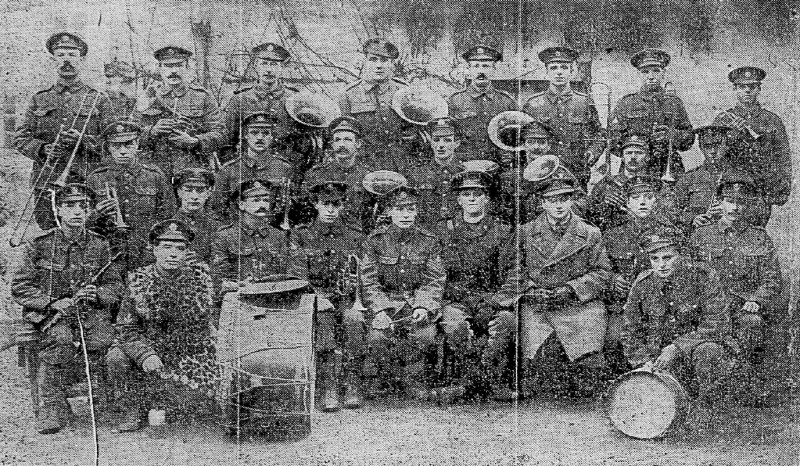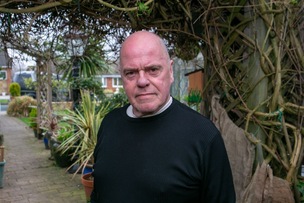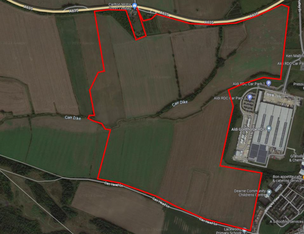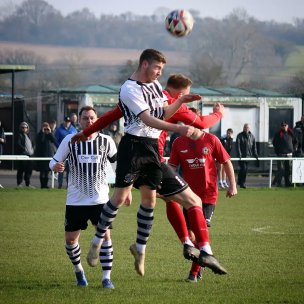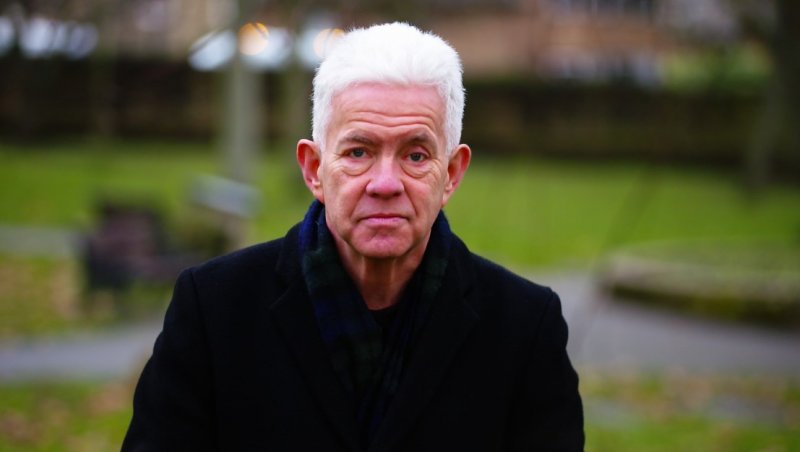A SWORD presented more than 100 years ago to a major supporter of the Barnsley Pals in the weeks and months before their departure for the Western Front is coming back to Barnsley.
The sword, engraved ‘Charles Plumpton, Barnsley Battalion, The York and Lancaster Regiment, 1914’ turned up at an auction in Dorset and was featured in the Chronicle a few weeks ago.
Dan Parker, owner of Barnsley Antiques Centre in Doncaster Road, was determined that Charles Plumpton’s sword should return to Barnsley when he discovered it for sale and has brought it home.
Local historian and author Jane Ainsworth took up the story on Dan’s behalf and carried out extensive research onto its original recipient Charles Plumpton, who was born in Louth in 1858 but moved to Barnsley in 1882 as manager of the Barnsley Chronicle. He took over as editor from 1899 until he retired after 40 years’ service. She found a photograph of him wearing officer’s uniform published in Jon Cooksey’s book Barnsley Pals. However his name was not listed at the back of this book with men who went overseas in December 1915 and Jane had found no military records for him, so continued her research to discover more about his role and the history of his sword.
“The latter, sadly, remains a mystery but the sword is an important memorial to a man who made a huge contribution to Barnsley’s war effort between 1914 and 1919,” said Jane, of Victoria Road, Barnsley.
“I felt privileged to be able to borrow this sword from Dan to study its craftsmanship and to take photographs. Dan has generously offered to allow the sword to go on display so that Barnsley folk can view it and I hope to borrow it for our special Armistice Centenary Commemoration in St Mary’s Church on November 11. Dan tried to find out from the auctioneers who had sold it and whether they had any connection to Charles Plumpton or Barnsley, but unfortunately, no information was forthcoming.”
Jane trawled through Barnsley Chronicle archives from 1914 to the end of 1919 for references to Charles Plumpton, of which there were many, given he was a councillor, JP, editor of the paper, Warden at St Peter’s Church and member of different societies such as the Swimming Club.
“Charles was honorary Secretary of the Barnsley Patriotic Fund, resuscitated in August 1914, and one of its first subscribers. He was involved in the decision to establish a Barnsley Battalion and he was appointed in October 1914 as ‘Temporary Second Lieutenant, Supernumerary’ then Acting Lieutenant for the First Barnsley Pals.
“This appointment, as with some other officers, was in recognition of his public role, enthusiasm and organisational abilities rather than any military experience.
“Charles assumed a very pro-active role in encouraging local men to enlist and in many fund-raising endeavours while continuing to work as editor of the Chronicle and performing his duties as councillor and JP.”
Jane found a suggestion that Charles had received the offer of a commission from the War Office to go to the front line, and that he had wanted to do so, but this did not happen, probably because he was 56 years old and had no professional Army background.
“Charles remained in Barnsley when the Pals left to continue their training and he continued to support them in many ways from the home front.
“One of his main personal contributions was the provision of instruments for the First Barnsley Pals so that they could have a brass band, which was known as ‘Plumpton’s Brass Band’.”
When he donated them in December 1915 at Hurdcott Camp, Charles had said he hoped the band would prove an incentive to the men.
“Charles was keen for the band to continue after demobilisation and he succeeded in obtaining the return of their instruments to Barnsley from France in March 1919.”
Charles served as an independent councillor for Barnsley borough for nine years from 1910 to 1919. He retired as editor of Barnsley Chronicle in about 1923, and he ceased being a JP in 1935 after 26 years. Charles died in hospital on November 29 1939, aged 81, soon after the start of the Second World War, and his body was taken back to Louth to be buried with other members of his family.
“His obituary was brief and without any photograph of him; it failed to mention his significant role in the First World War with his very generous personal and ‘official’ support of the Barnsley Pals Battalions and their families, while the men were serving overseas or recovering from their injuries at home.”

